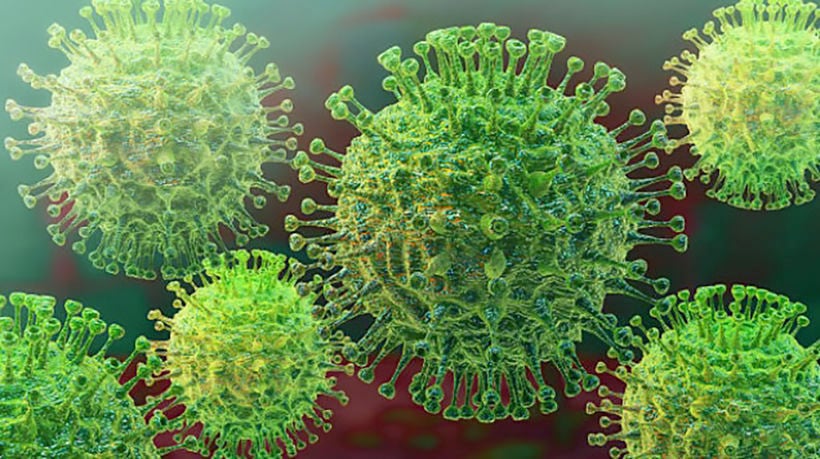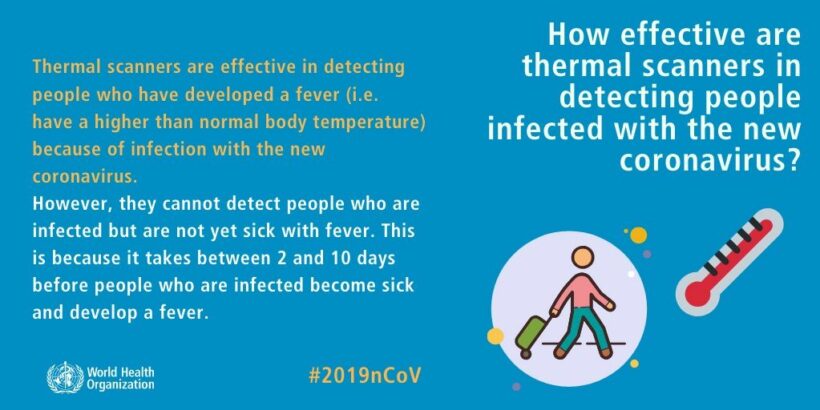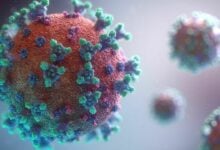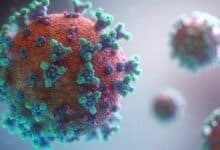Coronavirus myths busted

The newly named Covid-19 coronavirus has killed over 1,300 people to date and infected more than 60,000 across 24 countries and territories. It’s perhaps unsurprising that myths and urban legends have sprung up surrounding the virus, both in how it’s spread and how to prevent it.
The Thaiger is here to bust some of those myths, courtesy of information provided by the World Health Organisation (WHO).
There is NO specific medicine to prevent or treat the coronavirus
There is currently no vaccine or combination of drugs proven to prevent or treat the virus. But that doesn’t mean you shouldn’t seek appropriate care, as medical professionals can still alleviate symptoms of the illness while your body fights against the virus.
This should also be obvious, but antibacterial medicines aren’t effective against coronavirus or any virus. They’re effective against bacteria. Still, if you are in hospital with symptoms of the virus doctors may choose to prescribe you antibacterial medication because co-infections are possible.
WHO Director-General Dr Tedros Adhanom Ghebreyesus says a global research push is underway to find a vaccine or cure for the virus.
“Harnessing the power of science is critical for bringing this outbreak under control. There are questions we need answers to, and tools we need developed as quickly as possible. WHO is playing an important coordinating role by bringing the scientific community together to identify research priorities and accelerate progress.”
The coronavirus affects everyone, not just the elderly and young
While it’s true that older and younger age groups, and people with pre-existing conditions such as asthma, diabetes, and heart disease appear to be more at risk of becoming severely ill from the virus, people of all ages can become infected.
List of things that DO NOT prevent coronavirus infection
- Putting sesame oil on the skin
- Eating garlic
- Mouthwash
- Rinsing your nose with saline solution
- Hand dryers and UV lamps
Thermal scanners at malls and airports are effective to a certain point in detecting people who have developed a fever but there is no magic scanner that detects any virus.

Thermal scanners cannot detect people who are infected but don’t yet have a fever. This is because it takes 2-10 days to develop symptoms.
You are probably safe receiving a package from China
The WHO’s analysis shows that the coronavirus doesn’t survive long on objects such as letters or packages, so receiving a package from China is safe… unless your postman has the virus.
SOURCE: Thai Enquirer | WHO
Latest Thailand News
Follow The Thaiger on Google News:


























